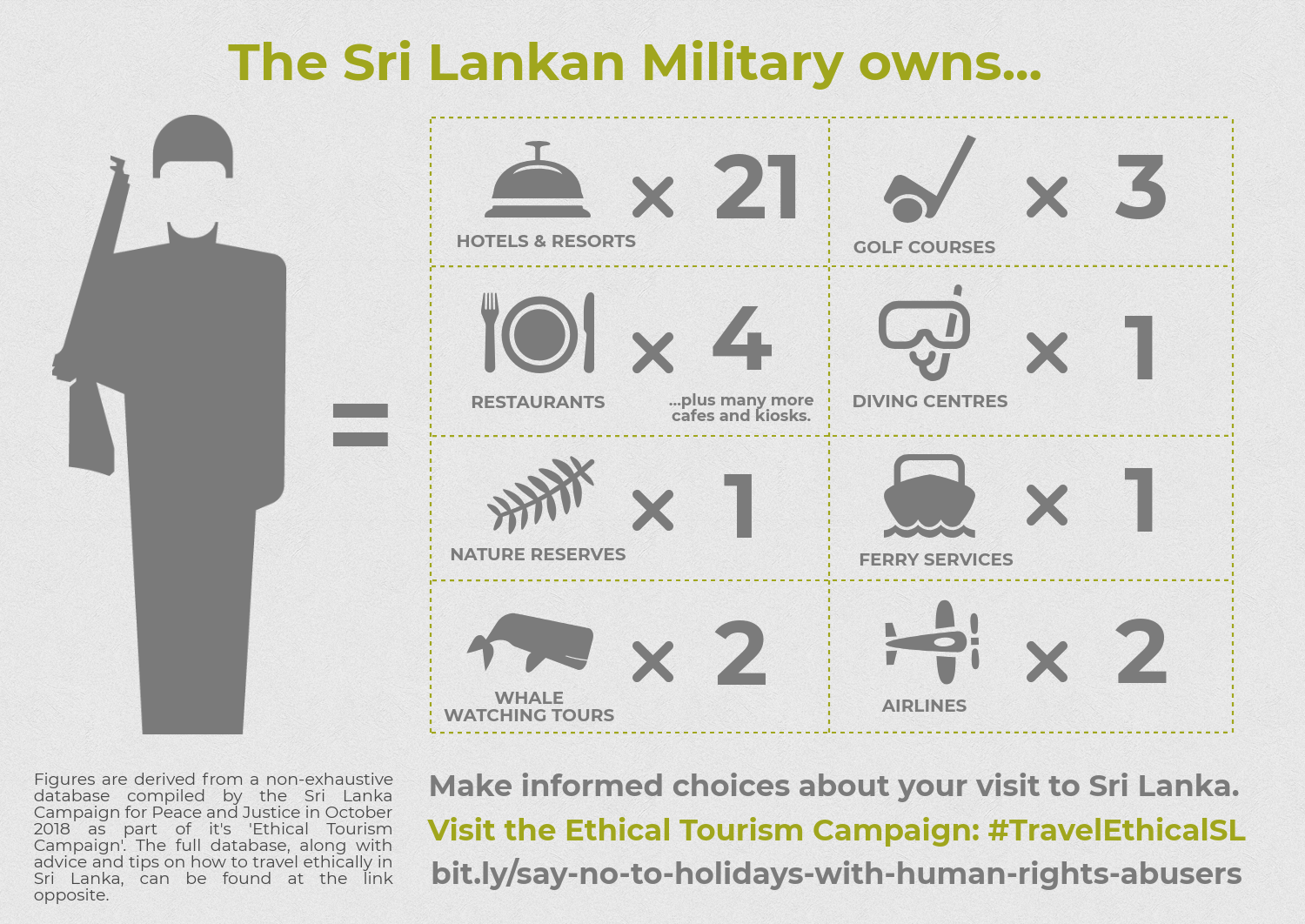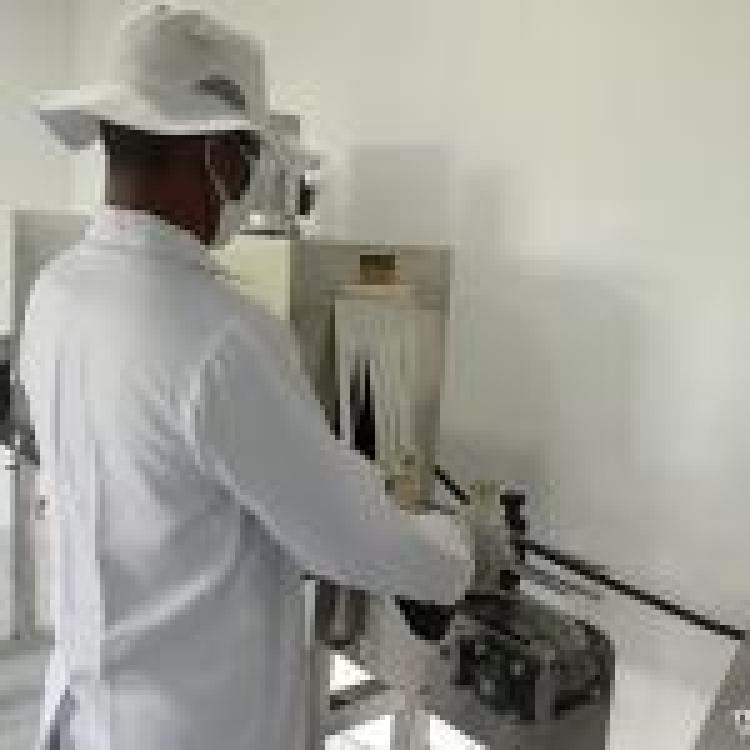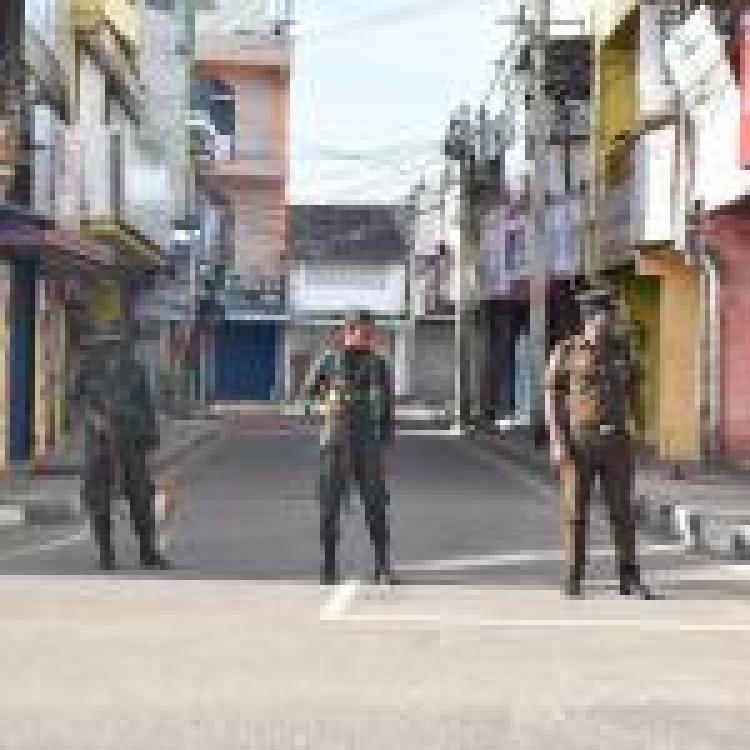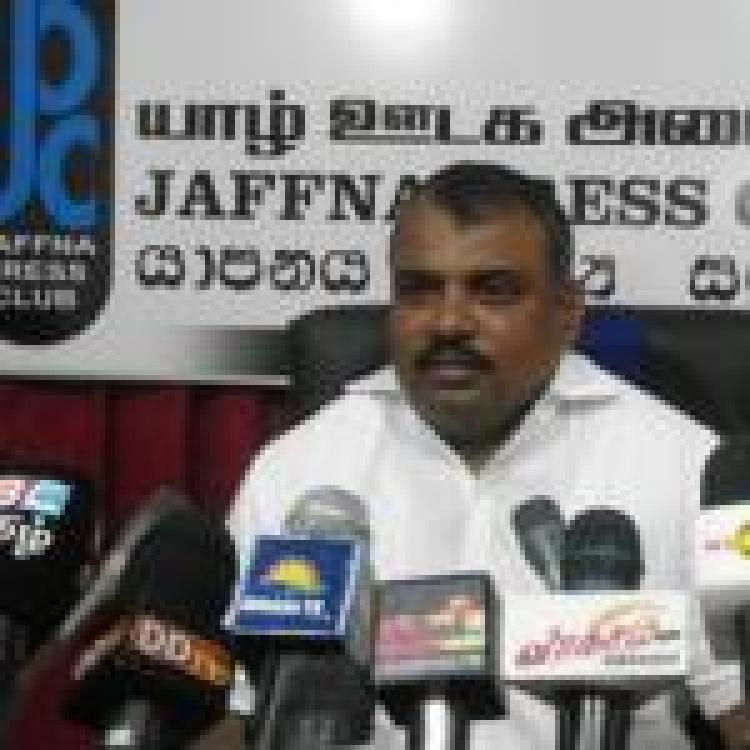![]()
Sri Lanka’s Defence Secretary, Kamal Gunaratne, has denied that the military taking over state sector institutions as the army takes on responsibility for printing driving licenses.
In his statement, he maintained that the military’s actions were a “temporary measure following a cabinet decision to save state funds”. He further claimed the army was only involved in the printing process but that the Motor Traffic Department would function largely unchanged.
Despite his claims that the military was not engaging in an acquisition of state institutions; since the end of the armed conflict Sri Lanka’s military has increasingly taken a larger role in commanding Sri Lanka’s civil society.
In May 2020, the Economist reported on accelerated militarisation under Gotabaya Rajapaksa with the appointment of generals, many accused of committing war crimes, to take over civilian roles including being “in charge of customs, the port authority, development, agriculture and poverty eradication.
Gunaratne also raised the issue of tourism following the news that three Ukrainian tourists tested positive after arriving in Sri Lanka. “There are grey areas to improve when we resume a work”, he maintained.
Gunaratne stated that the “revival of the tourism sector is vital since many Sri Lankans involved in the sector including hoteliers”. In 2018, Sri Lanka’s Campaign for Peace and Justice highlighted the military’s increasing role in tourism, particularly in the Tamil homeland.

Last September, Sri Lanka’s Tourism Leaders’ Summit and Tourism Research Conference, had Sri Lanka's army commander and accused war criminal, Shavendra Silva speak as a key speaker.




